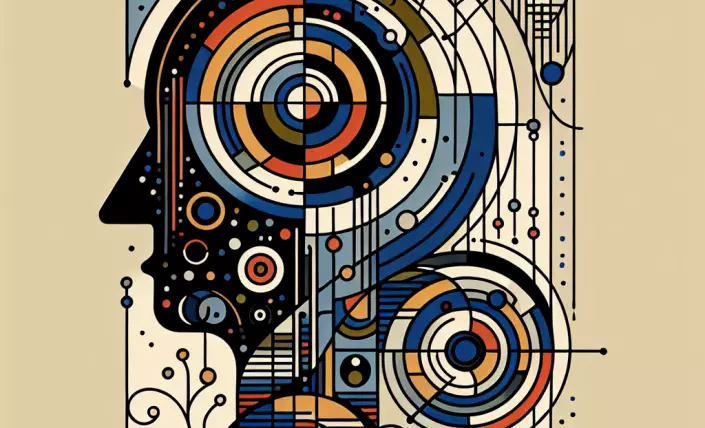In the vast tapestry of philosophical thought, the quest for understanding happiness and freedom has long captivated thinkers. John Stuart Mill, a towering figure in the realm of philosophy, offers a distinctive perspective that warrants exploration. At the heart of Mill's philosophy lies the notion that individual freedom is not merely a right but a critical component of achieving true happiness. This idea, although seemingly straightforward, presents a paradox that continues to challenge and inspire reflection on how we structure our lives and societies.
Mill's utilitarian framework posits that actions are right if they promote happiness, and wrong if they produce the opposite of happiness. However, what distinguishes Mill from other utilitarians is his emphasis on the qualitative differences in pleasures. He famously argued that intellectual and moral pleasures are superior to mere physical satisfaction. This raises a profound question: How can individuals exercise their freedom in a way that cultivates these higher pleasures? The answer, according to Mill, lies in the development of individuality and the pursuit of personal growth. This pursuit, however, is fraught with challenges. In a society that often prioritizes conformity and superficial success, the journey toward genuine individuality can seem daunting. Yet, Mill encourages us to embrace this journey, suggesting that the richness of life is found not in passive contentment but in active engagement with the world.
Moreover, Mill's advocacy for freedom is intricately linked to his belief in the marketplace of ideas. He argued that the free exchange of ideas is essential for personal and societal progress. This belief underscores the importance of dialogue and dissent as mechanisms for refining our beliefs and expanding our understanding. However, this freedom is not absolute; it comes with the responsibility of not harming others. Herein lies another layer of complexity: the balance between individual liberty and the well-being of others. Mill's harm principle serves as a guiding framework for navigating this balance, urging us to consider the impact of our actions on others while pursuing our own happiness. This delicate interplay between personal freedom and social responsibility invites us to reflect on our actions' broader implications, challenging us to cultivate empathy and understanding in our interactions.
Ultimately, Mill's exploration of happiness and freedom offers a profound invitation to examine the intricacies of our own lives. It challenges us to consider how we can achieve true happiness through the exercise of our freedom while remaining mindful of our responsibilities to others. In an age characterized by rapid change and growing interconnectedness, Mill's insights resonate more than ever, urging us to navigate the complexities of modern life with wisdom and compassion.










